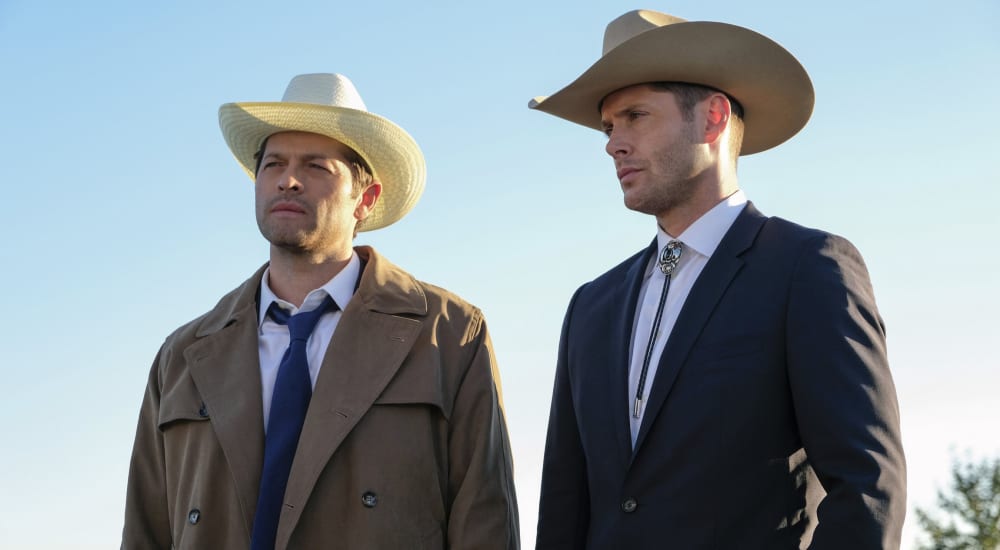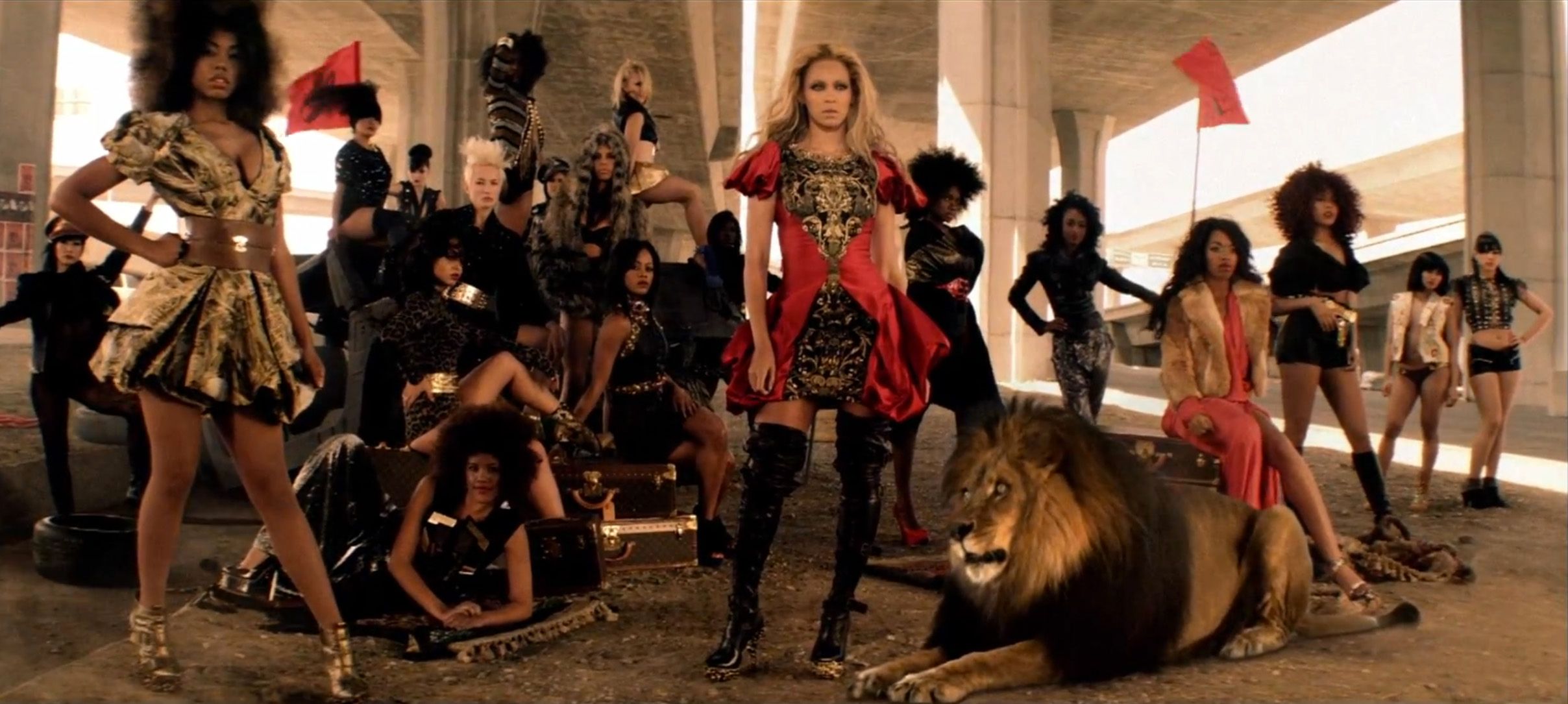*This article was written on February 5, 2012, on my old blog.*
On Superbowl day, I guess it’s only fitting to write about Obsession. I have wanted to write about that for a while, and it’s good timing because one of my new favorite online magazines, Rookie, is inviting readers to do just that for the month. Needless to say, I had to jump in, obsession being my permanent state of mind.
There’s always something to obsess about. Think Game of Thrones and Mad Men do the trick? Just wait until you start watching Being Human. Twilight meets Teen Wolf meets Poltergeist, who could resist, really? Currently, I am crazy about ramen noodles and hot sauce. In a few weeks, it will probably be peanut butter ice cream. We’re constantly obsessing (I mean, some of us) about random things: TV shows, food, places, most of all about people.
For months I couldn’t get out of my head the idea that I had to learn how to play the piano. I did try, and it was a disaster – maybe I didn’t try hard enough – but all I could think about was how well I was going to play La Valse d’Amélie by Yann Tiersen. As soon as I tried, I became bored of it and realized there were a lot of other things I enjoyed more. So… was it really an obsession?
What is an obsession?
How do you distinguish a real obsession from a fluke that will go away as soon as it came?
Originally, it all goes back to the Latin word obsidere, which means to besiege, occupy. Just like a castle under attack, your mind doesn’t belong to you anymore, and your judgment is entirely clouded by the object of your obsession. And there’s definitely an unhealthy side to the process. The thought of it is maddening, you are not yourself around that thing/person, and you can lose yourself entirely in it.
Think about tragic heroines in literature such as Dido, queen of Carthage, or Phaedra, who fell in love with her husband’s son. These women knew a thing or two about obsession. But we all have experienced this vicious circle: the more you dive into your obsession, the crazier you get.
Obsession and women in popular culture
In a sense, Bella in Twilight is some kind of post-modern tragic heroine, consumed by passion. The only (big) difference is that she comes out of it victorious, and she’s stronger because of her passionate nature. Although obsession is very much at the core of the story, and god knows how unhealthy it becomes.
In literature, however, obsession has mostly been portrayed as an extremely dangerous thing, often feminine, but not always: think Heathcliff and Catherine, Dorian Gray, etc. Actually, only characters who are free of obsessions win and survive, the others are condemned to die: because obsessed people lose their rationality in the process, which is the worst that can happen to a human being in western civilization, after the age of Enlightenment.
Nowadays though, obsession seems to be a lot more valued and even celebrated. Again, look at Bella: she almost freakin’ died because of her obsessive love for Edward, and how many girls out there wish to be her? (Me included). Rationality is not as cool as it used to be. Passion, the idea that you live something so intensely it will be all worth it, prevails often over everything. Some would use the word post-modern to identify that behavior: as western societies don’t have a sense of social order anymore, any kind of structural ideology like before, they need to value other things to fill the void left by their ideologies. Maybe passion, the idea that one has to live each day like it was the last, makes it okay to embrace your obsessions.
Passion vs. Obsession
That’s where the distinction made by the authors of The power of Pull, between passion and obsession, is really interesting: According to them, “obsessives have a very weak sense of identity because they displace their sense of self into the very object of their obsession. This is a strategy of escape”. If obsession leads to narrow-minded, destructive behavior, passion would lead to more open-minded and creative types. Indeed, obsessions often cover some deeper insecurities and are used as a shield from the outside world; whereas, for the authors, passion makes you actively seek outside of your own world the means to pursue your dreams. Passive versus active, inward versus outward: the two concepts are rather opposite for them.
I guess it’s the only way we can understand and accept the contemporary celebration of obsessive behaviors. Moving away from past meanings, it’s rather a celebration of passion, seen as a positive way of growing.
But you know what? I don’t think I can ever be obsession-free. It’s like asking a bird not to sing, or something. As long as I can control it (a paradox in and of itself) I’m pretty sure I won’t get rid of my obsessions anytime soon.
Now, what are your obsessions? And how do you deal with them?


